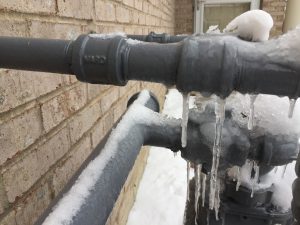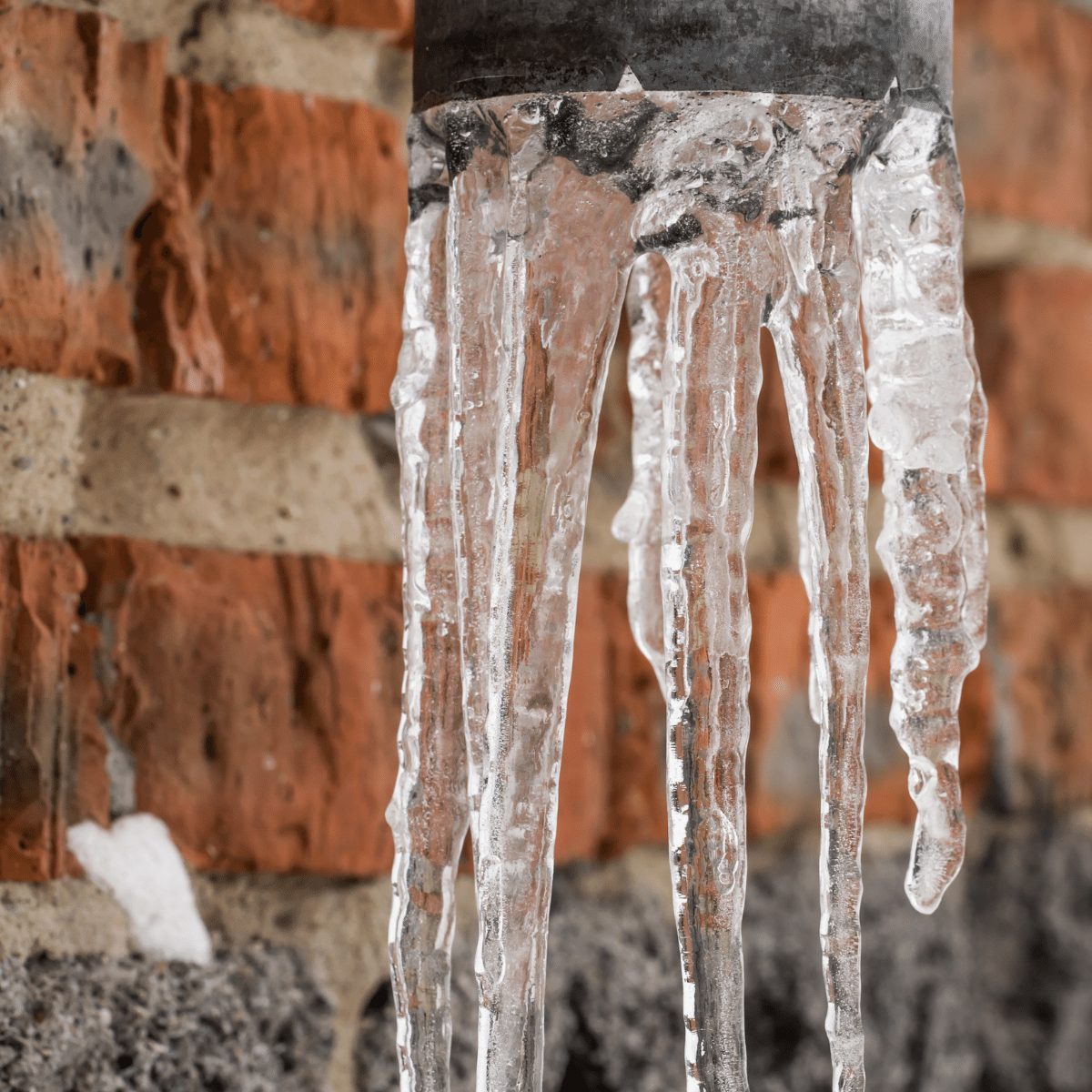Preventing Frozen Pipes in Cold Weather: Pro Tips
Preventing Frozen Pipes in Cold Weather: Pro Tips
Blog Article
Every person maintains their own idea when it comes to Winter Plumbing Precautions: Preventing Frozen Pipes.

Cold weather can wreak havoc on your plumbing, especially by freezing pipes. Here's just how to avoid it from happening and what to do if it does.
Introduction
As temperature levels decline, the risk of frozen pipelines boosts, possibly bring about pricey repairs and water damage. Understanding just how to prevent frozen pipes is vital for homeowners in cool climates.
Comprehending Icy Pipelines
What causes pipes to ice up?
Pipes freeze when subjected to temperature levels listed below 32 ° F (0 ° C) for expanded durations. As water inside the pipelines freezes, it increases, putting pressure on the pipe wall surfaces and possibly creating them to break.
Dangers and problems
Frozen pipes can result in supply of water interruptions, residential property damages, and expensive repairs. Burst pipelines can flood homes and trigger considerable structural damage.
Signs of Frozen Pipes
Determining frozen pipes early can stop them from bursting.
Just how to identify frozen pipes
Search for decreased water circulation from taps, unusual smells or noises from pipelines, and visible frost on revealed pipes.
Avoidance Tips
Protecting susceptible pipes
Cover pipelines in insulation sleeves or utilize heat tape to protect them from freezing temperature levels. Concentrate on pipes in unheated or exterior areas of the home.
Heating strategies
Maintain interior rooms adequately warmed, especially areas with pipes. Open up cupboard doors to permit warm air to flow around pipelines under sinks.
Shielding Exterior Pipes
Garden pipes and exterior faucets
Disconnect and drain garden pipes prior to winter. Install frost-proof spigots or cover outdoor faucets with shielded caps.
What to Do If Your Pipelines Freeze
Immediate activities to take
If you believe frozen pipelines, maintain faucets open up to eliminate pressure as the ice melts. Use a hairdryer or towels taken in hot water to thaw pipes gradually.
Long-Term Solutions
Structural adjustments
Take into consideration rerouting pipelines far from exterior wall surfaces or unheated locations. Include additional insulation to attic rooms, basements, and crawl spaces.
Updating insulation
Buy top notch insulation for pipes, attics, and wall surfaces. Correct insulation assists preserve regular temperature levels and decreases the threat of frozen pipes.
Conclusion
Preventing frozen pipes needs proactive actions and fast reactions. By comprehending the reasons, signs, and safety nets, property owners can shield their plumbing during cold weather.
Helpful Tips to Prevent Frozen Pipes this Winter
UNDERSTANDING THE BASICS: WHY PIPES FREEZE AND WHY IT’S A PROBLEM
Water freezing inside pipes is common during the winter months, but understanding why pipes freeze, and the potential problems it can cause is crucial in preventing such incidents. This section will delve into the basics of why pipes freeze and the associated problems that may arise.
THE SCIENCE BEHIND FROZEN PIPES
When water reaches freezing temperatures, it undergoes a physical transformation and solidifies into ice. This expansion of water as it freezes is the primary reason pipes can burst. As the water inside the pipe freezes, it expands, creating immense pressure on the walls. If the pressure becomes too great, the pipe can crack or rupture, leading to leaks and water damage.
FACTORS THAT CONTRIBUTE TO PIPE FREEZING
Low Temperatures: Extremely cold weather, especially below freezing, increases the risk of pipes freezing. Uninsulated or Poorly Insulated Pipes: Pipes located in unheated areas, such as basements, crawl spaces, or attics, are more prone to freezing. Insufficient insulation or lack of insulation altogether exacerbates the problem. Exterior Wall Exposure: Pipes running along exterior walls are susceptible to freezing as they encounter colder temperatures outside. Lack of Heating or Temperature Regulation: Inadequate heating or inconsistent temperature control in your home can contribute to frozen pipes. PROBLEMS CAUSED BY FROZEN PIPES
- Pipe Bursting: As mentioned earlier, the expansion of water as it freezes can cause pipes to burst, resulting in significant water damage.
- Water Damage: When pipes burst, it can lead to flooding and water damage to your property, including walls, ceilings, flooring, and personal belongings.
- Structural Damage: Prolonged exposure to water from burst pipes can compromise the structural integrity of your home, leading to costly repairs.
- Mold and Mildew Growth: Excess moisture from water damage can create a favorable environment for mold and mildew growth, posing health risks to occupants.
- Disrupted Water Supply: Frozen pipes can also result in a complete or partial loss of water supply until the issue is resolved.
WHY CERTAIN PIPES ARE MORE PRONE TO FREEZING
- Location: Pipes located in unheated or poorly insulated areas, such as basements, crawl spaces, attics, or exterior walls, are at higher risk of freezing.
- Exterior Pipes: Outdoor pipes, such as those used for irrigation or exposed plumbing, are particularly vulnerable to freezing as they are directly exposed to the elements.
- Supply Lines: Pipes that carry water from the main water supply into your home, including the main water line, are critical to protect as freezing in these lines can affect your entire plumbing system.
- Underground Pipes: Pipes buried underground, such as those connected to sprinkler systems or outdoor faucets, can be susceptible to freezing if not properly insulated.
https://busybusy.com/blog/helpful-tips-to-prevent-frozen-pipes-this-winter/

Do you like more info about Prevent Frozen Pipes ? Put a short review down the page. We'd be pleased to hear your opinions about this content. In hopes to see you back again later on. Kindly set aside a second to promote this blog if you enjoyed reading it. We treasure reading our article about Prevent Frozen Pipes .
Source Report this page